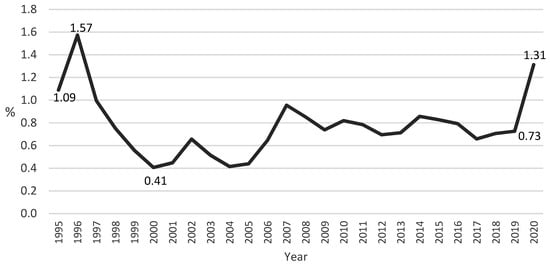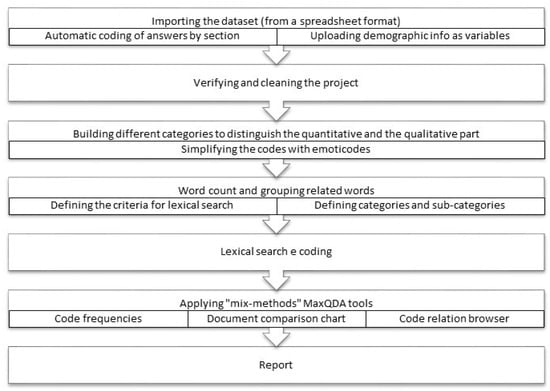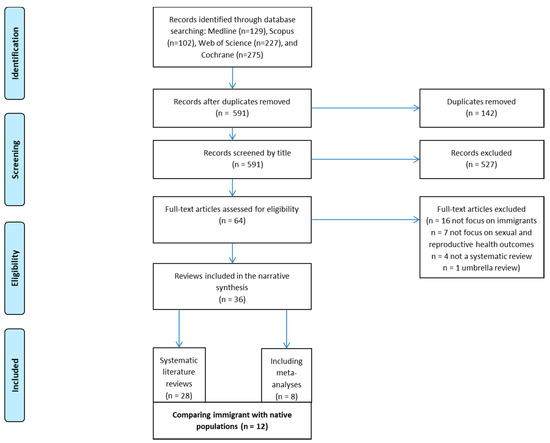Justice in Sexual and Reproductive Health: An Intersectional Approach
A topical collection in Social Sciences (ISSN 2076-0760). This collection belongs to the section "Social Stratification and Inequality".
Viewed by 23729Editors
2. Instituto de Saúde Ambiental (ISAMB), Faculdade de Medicina, Universidade de Lisboa, 1649-028 Lisboa, Portugal
Interests: health inequalities; social determinants of health; sexual and reproductive health and rights; life-course and well-being; social justice
Special Issues, Collections and Topics in MDPI journals
Interests: demography; sociology of population; sociology of birth and motherhood
Special Issues, Collections and Topics in MDPI journals
Topical Collection Information
Dear Colleagues,
Peoples’ sexual and reproductive health is influenced by different factors and at multiple levels. Nevertheless, scientific evidence regarding the social, cultural and structural factors influencing sexual and reproductive health within an intersectional approach to gender, age, class, and race/ethnicity is still missing. The examination of various social interactions at the local, national and global levels are of extreme importance to understand continuity and change in sexual and reproductive health and rights frames. Ensuring the needs, experiences and expectations of most marginalized groups are taken into consideration is one way of contributing to address disparities in realizing gender equality and sexual and reproductive health and rights, leaving no one behind. Papers are expected to contribute to the growing body of knowledge based on the frameworks of justice and equity, and intersectionality, and enable us to envision a society in which power and privileges are redistributed. We encourage new ways of thinking about how sexual and reproductive health link with gender, age, class, nationality, race/ethnicity, sexual orientation, gender identity, mental or physical ability, or other status or modes of social belonging. We welcome original and review articles based on a comprehensive systematic search of the literature from different research fields that engage these issues based on empirical studies and/or theoretical analysis. We invite papers that integrate intersectionality and power relations to reveal meaningful distinctions and similarities to overcome discriminations and enable all people to fully enjoy their sexual and reproductive rights.
Dr. Violeta Alarcão
Dr. Sónia Cardoso Pintassilgo
Dr. Pedro Candeias
Guest Editors
Manuscript Submission Information
Manuscripts should be submitted online at www.mdpi.com by registering and logging in to this website. Once you are registered, click here to go to the submission form. Manuscripts can be submitted until the deadline. All submissions that pass pre-check are peer-reviewed. Accepted papers will be published continuously in the journal (as soon as accepted) and will be listed together on the collection website. Research articles, review articles as well as short communications are invited. For planned papers, a title and short abstract (about 100 words) can be sent to the Editorial Office for announcement on this website.
Submitted manuscripts should not have been published previously, nor be under consideration for publication elsewhere (except conference proceedings papers). All manuscripts are thoroughly refereed through a double-blind peer-review process. A guide for authors and other relevant information for submission of manuscripts is available on the Instructions for Authors page. Social Sciences is an international peer-reviewed open access monthly journal published by MDPI.
Please visit the Instructions for Authors page before submitting a manuscript. The Article Processing Charge (APC) for publication in this open access journal is 1800 CHF (Swiss Francs). Submitted papers should be well formatted and use good English. Authors may use MDPI's English editing service prior to publication or during author revisions.
Keywords
- health equity
- gender equality
- intersectionality
- sexual and reproductive health and rights










